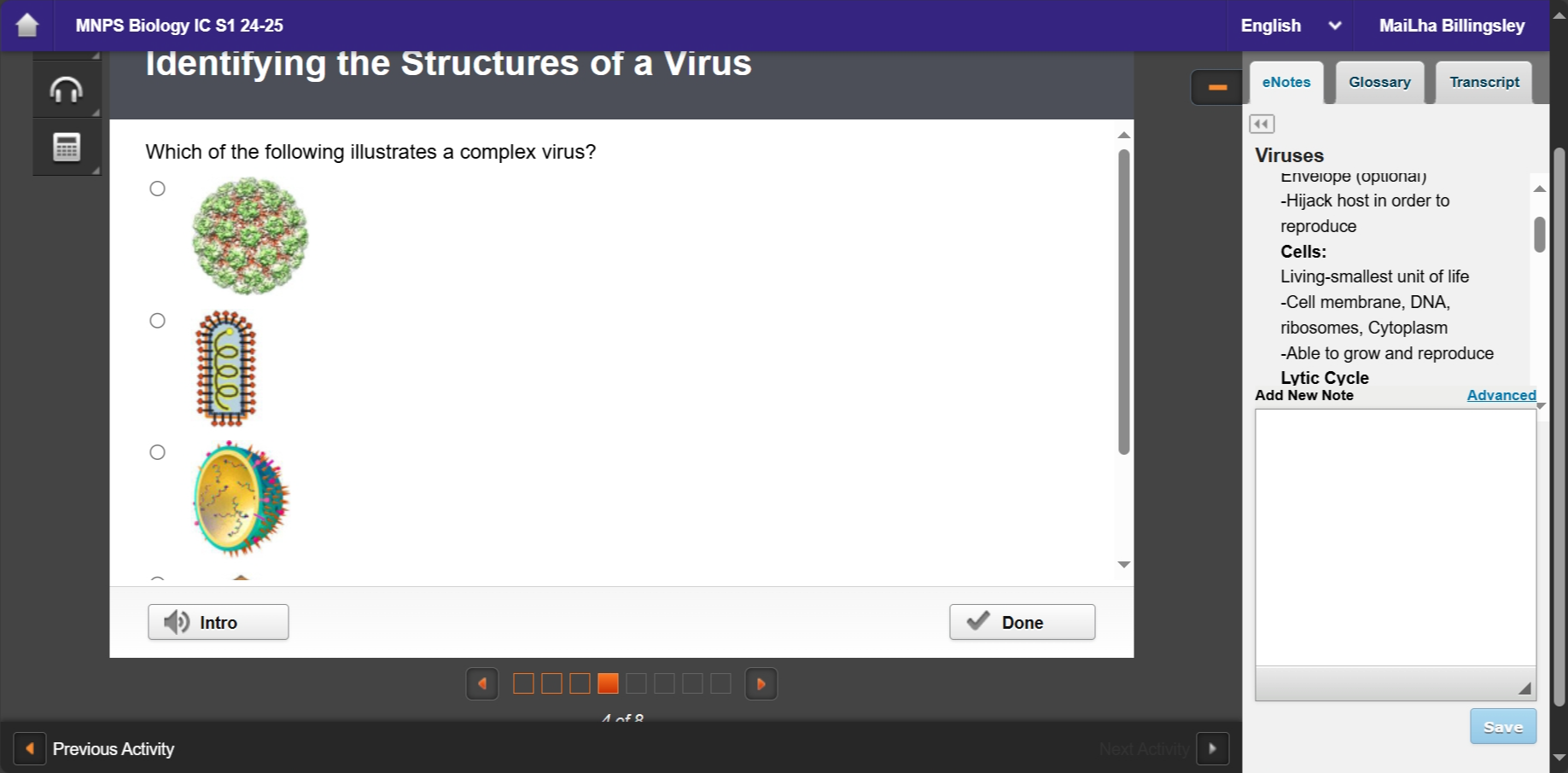Which Of The Following Illustrates A Testimonial

In the realm of marketing and persuasion, testimonials stand as a potent tool, leveraging the voices of satisfied customers to sway potential buyers. Understanding what constitutes a legitimate and effective testimonial is crucial for both businesses utilizing them and consumers evaluating their claims.
This article delves into the core characteristics of a testimonial, examining various examples to illustrate its true nature. We'll explore how authentic endorsements differ from mere advertising slogans or biased statements, helping readers discern genuine recommendations from manipulative marketing tactics.
Defining a Testimonial: More Than Just Words
A testimonial is, at its heart, a statement from a user of a product or service that attests to its quality, effectiveness, or value. It typically involves a person sharing their positive experience, highlighting specific benefits they received.
The essence of a testimonial lies in its authenticity and perceived impartiality. It's not enough for someone to simply say a product is "good"; a true testimonial explains why it's good and how it positively impacted the user's life or business.
Key Elements of a Strong Testimonial
Several factors contribute to the strength and believability of a testimonial.
Firstly, Specificity is paramount. A vague statement like "This product is great!" lacks impact. Instead, a testimonial should detail specific features or benefits: "This software saved me 10 hours a week by automating my email marketing."
Secondly, Relatability is key. Potential customers are more likely to trust a testimonial from someone they can identify with – someone facing similar challenges or having similar needs.
Thirdly, Credibility matters. A testimonial from an expert in the field or a well-known figure carries more weight than one from an anonymous source. Transparency, including the testifier’s full name and potentially their affiliation, boosts trust.
Examples to Illustrate the Concept
Let's examine different scenarios to clarify what constitutes a testimonial and what does not.
Scenario 1: A cosmetic company’s advertisement features a celebrity saying, "This lotion makes my skin look younger!" This is generally considered an endorsement rather than a true testimonial, especially if the celebrity is being paid to promote the product.
Scenario 2: An online review platform hosts a review that reads, "I suffered from chronic back pain for years. After just a few sessions with Dr. Smith, I experienced significant relief! I highly recommend his services." This is a clear example of a testimonial because it details a personal experience and specific benefits.
Scenario 3: A company’s website states, "Our product is the best on the market!" This is a marketing claim, not a testimonial. It lacks the personal account and specific evidence of a user’s experience.
Scenario 4: A business owner writes, "As the CEO of this company, I can confidently say our product is fantastic." This statement carries some weight, but it is inherently biased. While it might offer insights into the product, it's not perceived as impartial as a testimonial from an independent user.
Scenario 5: A social media post says, "Just used [Brand X] shampoo and my hair feels so soft! Loving it!" This is a testimonial if it is a genuine reflection of the user’s experience, and they are not being compensated for the post. It’s a succinct, relatable endorsement.
The Impact on Consumers and Businesses
For consumers, understanding the nature of testimonials empowers them to make informed purchasing decisions. Recognizing the difference between genuine endorsements and marketing ploys allows them to evaluate claims more critically.
For businesses, utilizing authentic and compelling testimonials can significantly boost their credibility and sales. Featuring diverse voices and specific, relatable experiences builds trust with potential customers.
However, it's crucial for businesses to ensure their testimonials are genuine and truthful. Misleading or fabricated testimonials can damage their reputation and lead to legal repercussions. The Federal Trade Commission (FTC) has strict guidelines regarding the use of endorsements and testimonials in advertising.
Navigating the World of Testimonials
In conclusion, a testimonial is a powerful tool when used ethically and effectively. It's more than just a statement of approval; it's a story of how a product or service positively impacted someone's life.
By understanding the key elements of a strong testimonial and being able to differentiate between authentic endorsements and marketing claims, both consumers and businesses can navigate the world of testimonials with greater confidence.











